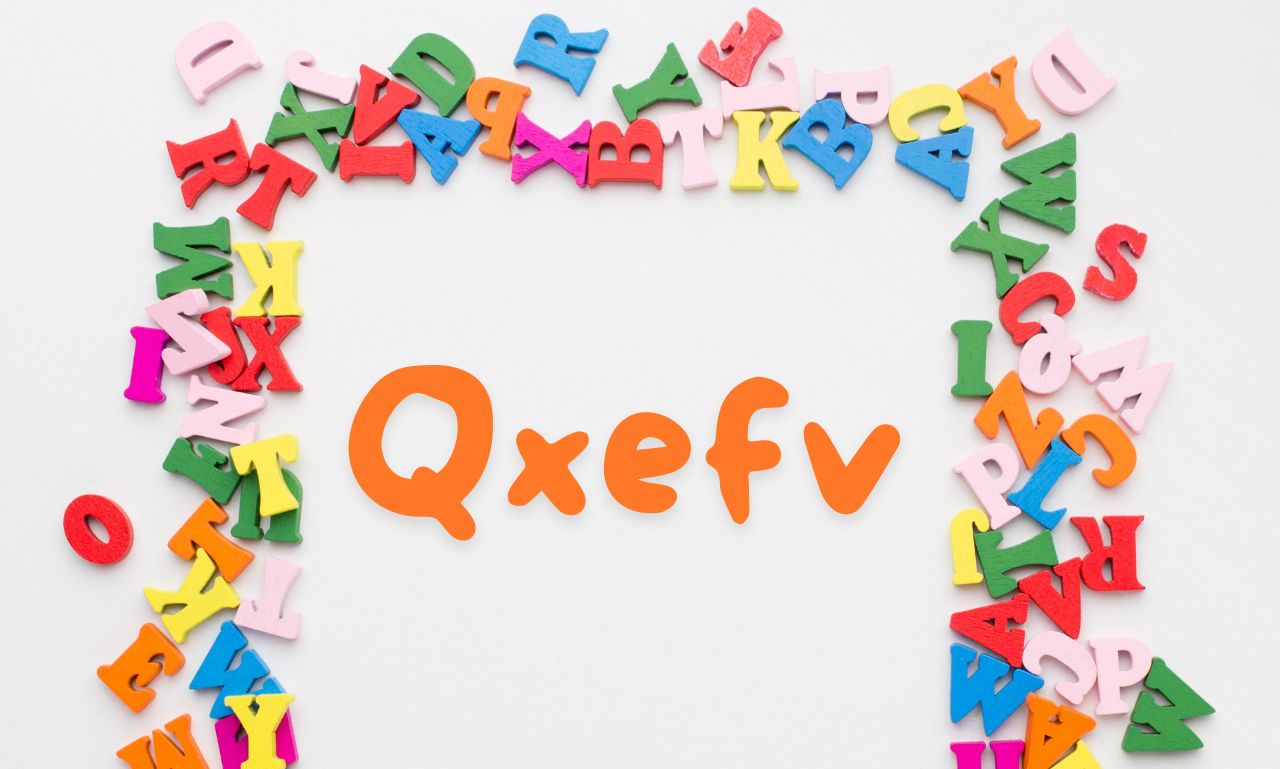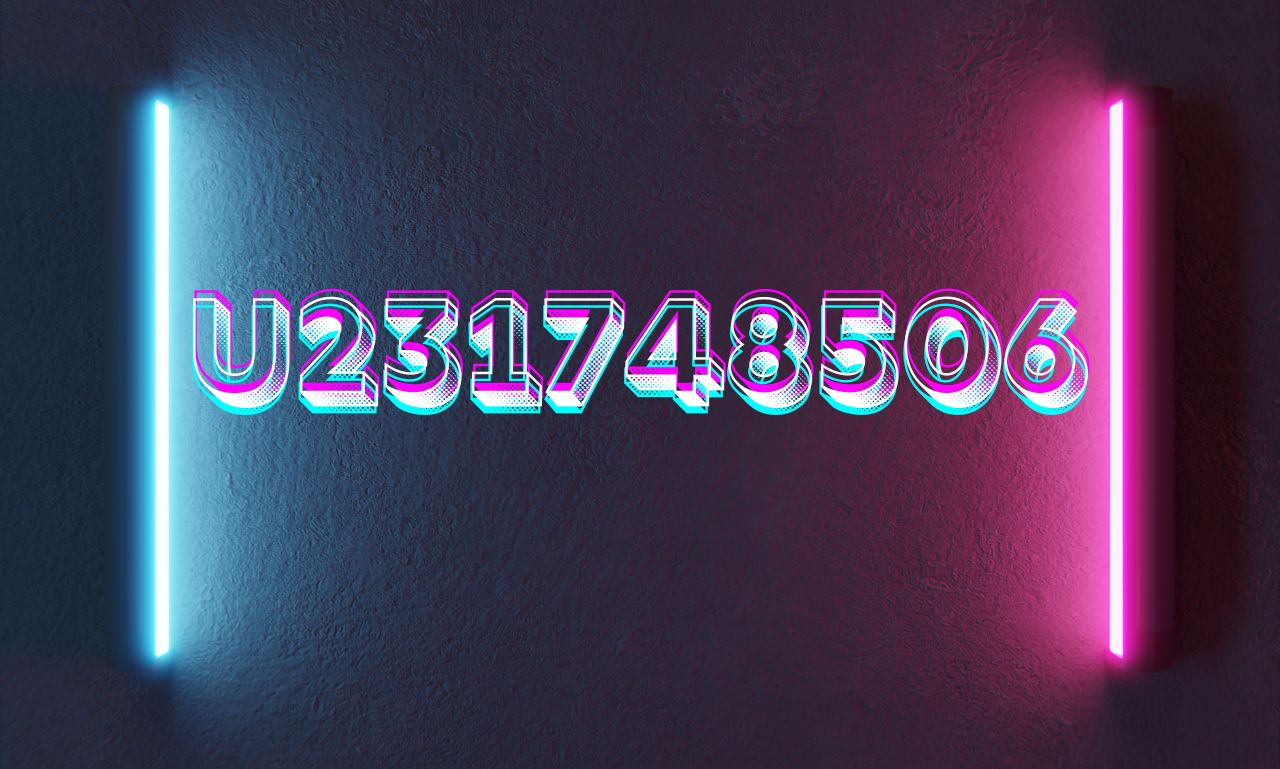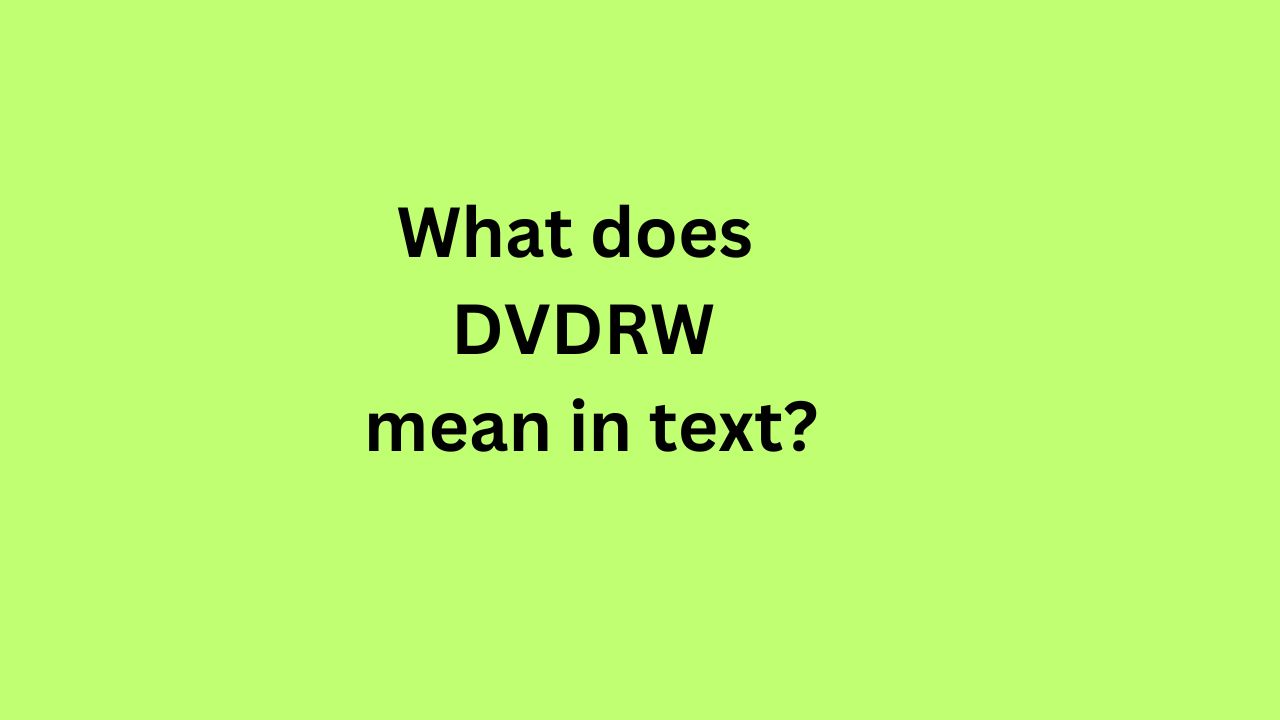Discovering the dynamism of every language is continually energizing. That is also true of English. As a speaker and student of this famous language, you run over a circumstance that appears to be interesting and requests cautious consideration. In circumstances like this, individuals use what is known as an eye test. This is an approach and the difference between ok and okay in the text to utilizing what you have seen about the progressions in the language to accept and pass judgment on the problem before you. Once in a while, it works, and other times, it doesn’t.
One of such problems is the variety that exists in the utilization of the words “okay” and “ok.” Many have inquiries regarding the utilization of these two words. Which is correct, “Okay” or “OK?” What is the contrast between OK and Okay? The significance and use are something similar. The very versatile okay and OK can express arrangement, change the point, check for understanding, and confirm that things are OK.
What is ok vs okay meaning?
Okay and OK are basically two words having the same meaning but different spellings. In conventional composition, follow the necessities of your style guide. You have the solutions to the inquiries. There is no distinction between OK and okay. The more used the term OK the more it is in demand. One of the major differences between ok and okay is that both can be used for the same purpose. It can be used for all kinds of formal and informal words.
Check Out TBT Meaning
What is the difference between ok and an okay urban dictionary?
An incredible inverse. It’s actually okay that determines from OK. The specific beginning of OK is muddled, yet one well-known hypothesis battles that in the nineteenth century, individuals started spelling “all right” phonetically (“all okay” or “all ok” as somewhat of a giggle. Afterward, contrast among alright and OK in the text they abbreviated it to the initials OK. What an incredible incident! “Vote in favor of OK” turned into his mission motto. Despite the fact that Old Kinderhook lost the political race in 1840, OK remained famous and spread abroad. As per the Oxford English Dictionary, the okay spelling arose following years and years.
The difference in Conversation?
The OK importance in the text is the convention of “Alright,” feeling that definitely, it was a truncation for “OK” Alright or OK UK and subsequently less fit to more proper composition? Indeed, that history should settle that worry! “Okay” is a variation of the first “Okay.” Both mean precisely the same, and both are legitimate. So indeed, the difference between ok and okay in text, despite the fact that “Okay” started things out, word references and etymologists by and large consider “OK” OK too.
However, some style guides really do favor one over the other with regards to “Okay” versus “OK. So assuming you’re explicitly writing in a specific style, you ought to confirm whether that style likes “okay” versus “OK.”
Try Bbl Meaning
How to use ok or okay in email?
There is no difference between OK and alright. The more advanced term can be used for okay.
Do Okay and OK Mean the Same Thing?
Indeed! Both “Okay” and “OK” imply “good,” and the two of them can be utilized to communicate arrangement. Many individuals think “Alright” is an abbreviated adaptation of “OK,” be that as it may, as clarified above, “Okay” started things out. Truth be told, “Okay” has been around since the 1840s, with “OK” arising years and years after the fact.





![OK vs Okay | Difference Explained in Text [2023]](https://slangsearch.org/wp-content/uploads/2024/04/OK-vs-Okay-Difference-Explained-in-Text-2023.jpg)



